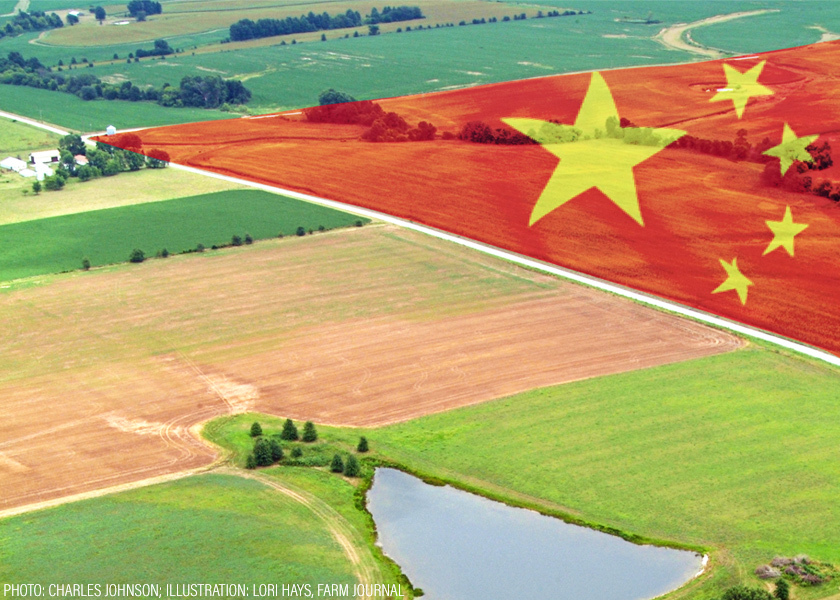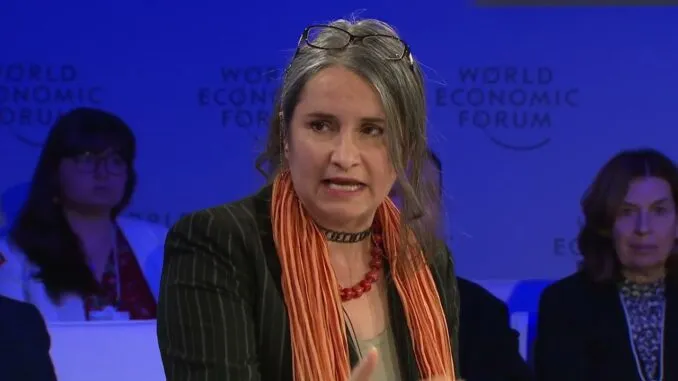It’s a hot-button issue, and for good reason. The question of whether China—or any foreign entity, really—should be allowed to buy farmland in the U.S. stirs up some big conversations about national security, food sovereignty, and economic fairness.
On the surface, banning China from owning U.S. farmland might seem like an easy “yes.” After all, food security is a matter of national security, right? Allowing a foreign country, especially one like China with tense geopolitical relations, to own pieces of critical agricultural land raises valid concerns about control over food supplies and influence in rural economies.
But let’s not stop there. If we say “no” to China, should we also restrict other nations? What about Canada, Saudi Arabia, or European investors? And how do we ensure that any policies we implement are fair and not just politically charged?
Here’s the truth: this issue isn’t black and white. While protecting farmland is essential, we also have to consider how banning specific countries might impact trade relationships, investment opportunities, and the global perception of the U.S. as a free-market economy.
So, is it a straight-up “yes” or “no”? Maybe the better question is: How do we create policies that safeguard national interests without stifling legitimate, beneficial foreign investment?
Your thoughts?
I'm reaching out to ask for help in raising funds to purchase a modest, dependable used car. Having a vehicle would not only restore my independence but also allow me to engage more actively in my community and maintain essential aspects of daily living.
Help Chris Regain Independence with a Reliable Vehicle at GoGetFunding



